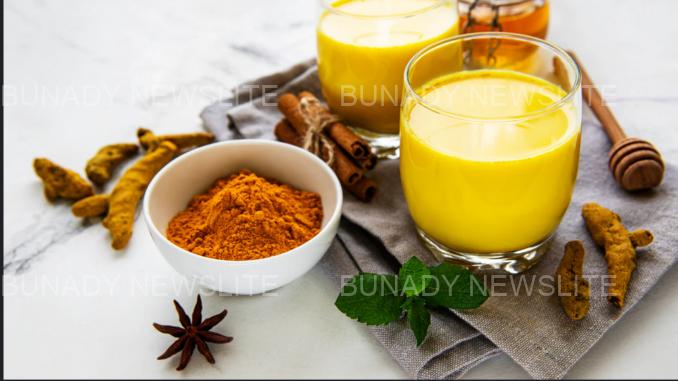How to Naturally Cure Heartburn Forever
Heartburn is a common condition that affects millions of people worldwide. It is characterized by a burning sensation in the chest, typically after eating, and can be accompanied by a sour taste in the mouth, indigestion, and discomfort. For many, heartburn is a recurring problem that can disrupt daily life and cause significant distress.
While over-the-counter medications provide temporary relief, they often don’t address the root cause of the problem. This article explores natural methods that can help you cure heartburn forever, offering a long-term solution without relying on medications.
Understanding the root cause of your heartburn is essential for finding a natural cure that works for you. By addressing the underlying factors, you can achieve long-term relief and potentially eliminate heartburn forever.
1. Dietary Changes: The Foundation of Natural Heartburn Relief
One of the most effective ways to cure heartburn naturally is by making dietary changes. Your diet plays a crucial role in managing acid reflux and heartburn, and by making the right choices, you can reduce or eliminate symptoms.
A. Identify and Avoid Trigger Foods
The first step in managing heartburn through diet is to identify and avoid foods that trigger your symptoms. Common trigger foods include:
Spicy Foods: Chili peppers, hot sauce, and other spicy foods can irritate the esophagus and trigger heartburn.
Fatty Foods: High-fat foods, such as fried foods, fatty cuts of meat, and full-fat dairy products, can slow digestion and increase the risk of acid reflux.
Caffeine: Coffee, tea, and other caffeinated beverages can relax the LES and exacerbate heartburn.
Alcohol: Alcohol can also relax the LES and irritate the esophagus, leading to heartburn.
Chocolate: Chocolate contains a compound called theobromine, which can relax the LES and trigger acid reflux.
Citrus Fruits: Oranges, lemons, and other citrus fruits are highly acidic and can worsen heartburn symptoms.
Tomatoes: Tomato-based foods, such as pasta sauce, ketchup, and salsa, are acidic and can trigger heartburn.
By keeping a food diary and tracking your symptoms, you can identify which foods are triggering your heartburn and make adjustments to your diet accordingly.
B. Incorporate Heartburn-Friendly Foods
While avoiding trigger foods is important, it’s equally important to incorporate heartburn-friendly foods that can help soothe and protect your digestive system. These include:
Ginger: Ginger has natural anti-inflammatory properties and can help soothe the stomach and reduce acid production. Try incorporating ginger into your diet by adding it to teas, smoothies, or meals.
Oatmeal: Oatmeal is a low-acid, high-fiber food that can help absorb stomach acid and reduce symptoms of heartburn.
Bananas: Bananas are low in acid and can help coat the lining of the esophagus, providing relief from heartburn.
Melons: Melons, such as cantaloupe and honeydew, are low in acid and can be a soothing option for those with heartburn.
Lean Proteins: Choose lean proteins, such as chicken, turkey, and fish, over fatty meats to reduce the risk of heartburn.
Green Vegetables: Vegetables like broccoli, spinach, and green beans are low in acid and can be a healthy addition to a heartburn-friendly diet.
Whole Grains: Whole grains, such as brown rice, quinoa, and whole wheat bread, are high in fiber and can help reduce acid reflux symptoms.
C. Eat Smaller, More Frequent Meals
Overeating can put pressure on the stomach and increase the likelihood of acid reflux. Instead of eating large meals, try eating smaller, more frequent meals throughout the day. This can help reduce the amount of acid your stomach produces and prevent the overproduction of acid that can lead to heartburn.
D. Avoid Eating Before Bedtime
Lying down after eating can increase the risk of acid reflux, as it allows stomach acid to flow more easily into the esophagus. To prevent this, avoid eating large meals or snacking within 2-3 hours before bedtime. If you do need a late-night snack, opt for something light and low in acid.

